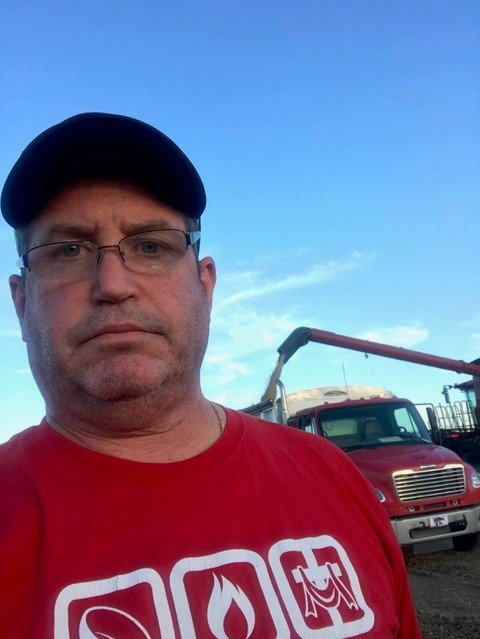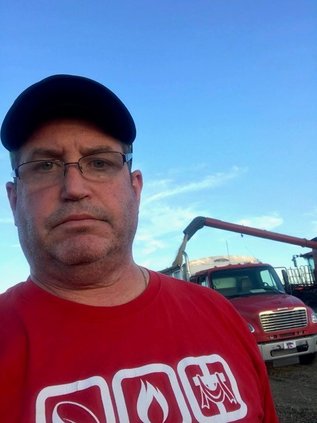For the past couple of years, Leonard Kaiser has responded to and acted on calls about suicide-prevention information designed for farmers and ranchers.
Today, he is starting the process of contacting businesses and other entities that have regular contact with people who make their living in agriculture and livestock.
As a licensed clinical professional counselor at The Center for Counseling & Consultation, Kaiser is sending letters to individuals and organizations that understand the stressors on the farm.
“I am offering to visit with farmers and/or their loved ones, as well as businesses that interact with ag producers on a regular basis,” Kaiser said. “If they can schedule an hour or so for training, I can suggest how they can recognize the symptoms of someone at risk for suicide.
“We review the do’s and don’ts,” he continued. “This information might give people more confidence in how and when to approach this topic.”
Letters are going to co-ops, insurance companies, clergy, seed and chemical dealers, and social establishments frequented by farmers and ranchers.
“Farmers sometimes are not big on seeking help,” Kaiser noted. “They believe they have to do it all on their own. But they may listen to someone who has a working knowledge of the farm/ranch life.
“I have witnessed first-hand the stressors in my own family,” he explained. “Costs for everything have skyrocketed. There also is the labor shortage, weather concerns, equipment maintenance, aging of family farmers and uncertainty about who will take over in the next generation.”
And then there is the social isolation of working alone for long hours, which usually means farmers and ranchers won’t take the time to see a healthcare professional.
“Oftentimes, farmers and ranchers don’t take care of their physical health, let alone their mental health,” Kaiser commented. “They won’t take the time to see a doctor or counselor; the result is that a minor issue turns into a crisis.”
Currently, Kaiser noted, many farmers are facing the unwelcome reality that it is their generation that “loses” the farm.
“Guilt is a big problem,” Kaiser said. “If you are the generation that can’t make it, the guilt can overwhelm you. And then, farmers have to listen to people who refer to them as ‘rich’ because they own land.
“Yes, they may have valuable assets on paper but what others don’t see is the amount of debt they face or the inner turmoil.”
Kaiser collaborates with the Farm Service Agency, a division of the United States Department of Agriculture, on suicide-prevention training.
He can meet with groups at their convenience for whatever amount of time they want.
The Center also offers a course called Mental Health First Aid, which is a more in-depth resource that teaches specific skills. Kristian Pearson, safety and onboarding coordinator, leads that class.
“The people who interact with farmers are a key element in sharing information that farmers may not seek on their own,” Kaiser summarized.
The Center for Counseling & Consultation is a Community Mental Health Center serving Barton, Pawnee, Rice and Stafford counties. Professionally trained personnel offer: individual and group therapy; marriage and family counseling; community-support services; community-based services; psychosocial rehabilitation; peer support; and medication management. The confidential 24/7 crisis hotline number is 800-875-2544.





